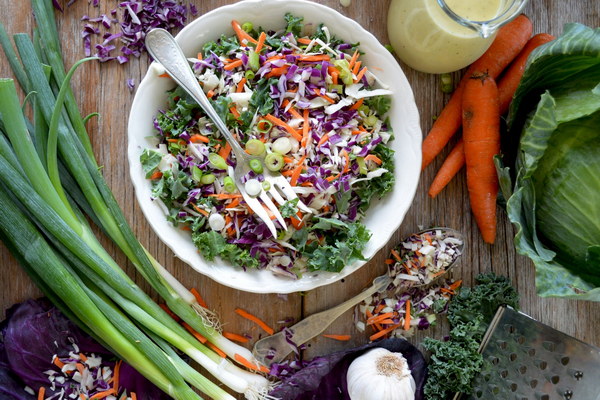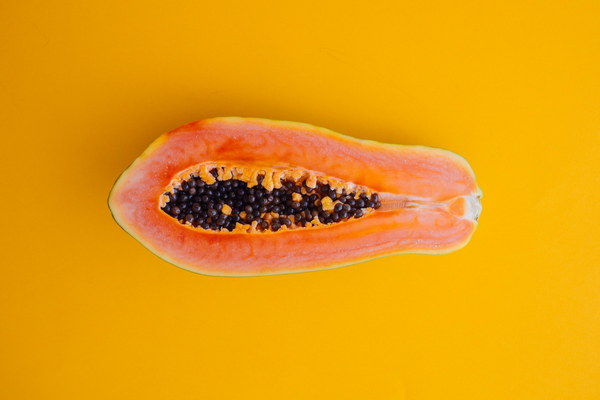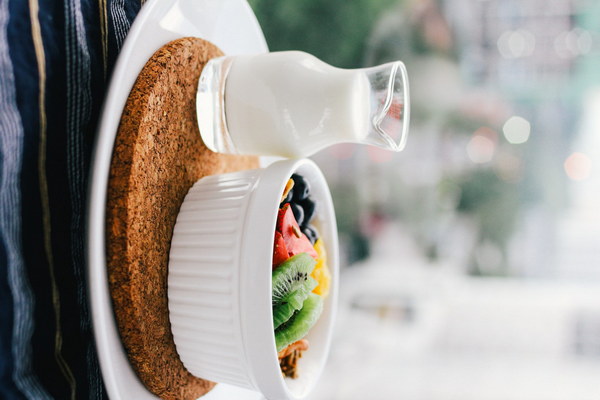Healing Oral Ulcers with Nutritional Therapy A Natural Approach to Oral Health
Introduction:

Oral ulcers, also known as aphthous ulcers, are painful sores that can appear on the lips, tongue, cheeks, and palate. They are often characterized by a red halo and a yellow or white center. While they are generally benign, oral ulcers can be quite uncomfortable and may interfere with eating, speaking, and overall quality of life. While conventional treatments may offer relief, many individuals are turning to natural remedies, such as nutritional therapy, to heal their oral ulcers. This article explores how certain foods and nutrients can help alleviate the symptoms and speed up the healing process of oral ulcers.
1. Vitamin B12 Deficiency
One of the most common causes of oral ulcers is a deficiency in vitamin B12. This essential nutrient plays a crucial role in the formation of red blood cells and the maintenance of the mucous membranes in the mouth. To combat a B12 deficiency, incorporate the following foods into your diet:
- Beef liver: A rich source of vitamin B12, beef liver can be prepared in various ways to enhance its flavor.
- Fortified cereals: Many breakfast cereals are fortified with vitamin B12, making them a convenient dietary source.
- Fish and seafood: Salmon, trout, and shrimp are excellent sources of B12, as well as other nutrients beneficial for oral health.
- Milk and dairy products: Cheese, yogurt, and milk are all good sources of vitamin B12.
- Nutritional yeast: This is a deactivated yeast that is high in B12 and can be sprinkled on various dishes for added flavor and nutrition.
2. Vitamin C Deficiency
Vitamin C is another essential nutrient that helps maintain healthy mucous membranes. It also supports the immune system, which can be crucial in the healing process. To increase your vitamin C intake, try the following:
- Citrus fruits: Oranges, lemons, and grapefruits are high in vitamin C and can be enjoyed fresh or in the form of juice.
- Berries: Strawberries, blueberries, raspberries, and blackberries are all rich in vitamin C.
- Kiwi: This tropical fruit is packed with vitamin C and can be a delightful addition to smoothies or eaten on its own.
- Peppers: Red, yellow, and green peppers are all good sources of vitamin C and can be added to salads, sandwiches, or cooked dishes.
3. Omega-3 Fatty Acids
Omega-3 fatty acids have anti-inflammatory properties that can help reduce the pain and inflammation associated with oral ulcers. To boost your omega-3 intake, consider the following foods:
- Fish: Salmon, mackerel, and sardines are excellent sources of omega-3 fatty acids.
- Flaxseeds: These seeds can be sprinkled on salads, yogurt, or smoothies to increase your omega-3 intake.
- Chia seeds: Similar to flaxseeds, chia seeds are a great way to incorporate omega-3s into your diet.
- Walnuts: A handful of walnuts can provide a good dose of omega-3 fatty acids and can be enjoyed as a snack or added to dishes.
4. Avoid Trigger Foods
In some cases, certain foods can trigger the onset of oral ulcers. It is essential to identify and avoid these trigger foods to prevent future outbreaks. Common trigger foods include:
- Citrus fruits
- Tomatoes
- Spicy foods
- Hard, crunchy foods
- Acidic foods
Conclusion:
While nutritional therapy may not be a standalone cure for oral ulcers, it can certainly play a significant role in the healing process. By addressing nutrient deficiencies and incorporating a balanced diet rich in essential vitamins and minerals, individuals can support their body's natural ability to heal and reduce the frequency and severity of oral ulcers. As always, it is important to consult with a healthcare professional before making significant changes to your diet or treatment plan.









